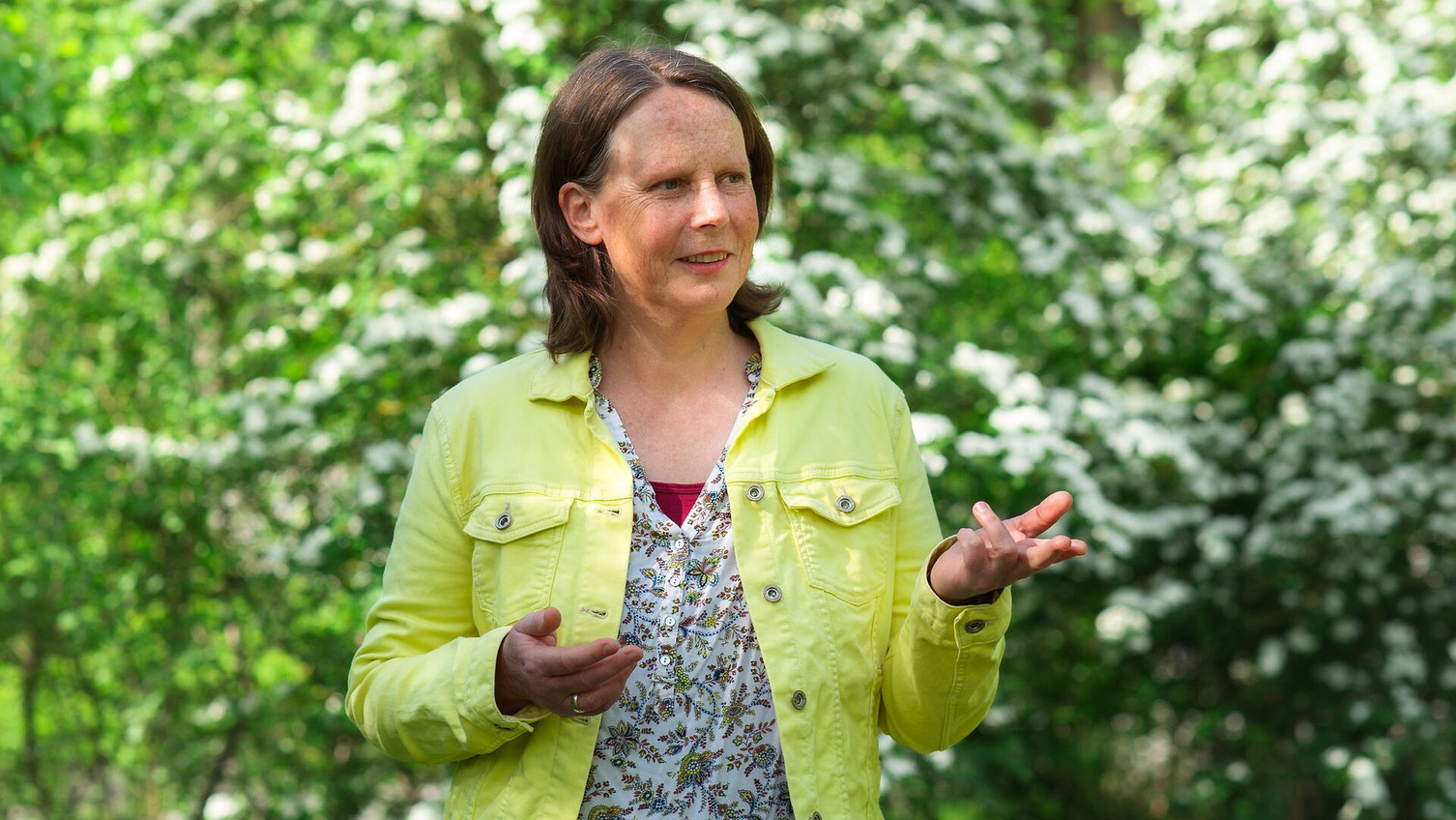New scientific evidence on ineffective and unjust climate policies
2025-08-06 Planting trees will not fix climate change – and there is no silver bullet solution for inclusive ecosystem restoration. New research* published today (Thursday, July 31, 2025) in Nature Geosciences journal shows that restoring our natural habitats can remove only a small amount of the carbon we put into the air. Focus needs to be on rapidly reducing emissions and ensuring that initiatives are equitable and focussed on climate change adaptation.
Drawing together the findings of an international group of scientists, the paper outlines the requirement for policymakers to take a holistic approach, with a focus on biodiversity and nature’s contribution to people, while reducing emphasis on carbon sequestration.
In the last 10 years, habitat restoration, often narrowed down to tree planting, has been increasingly used as a means for climate change mitigation, a key element in response to both the climate crisis and the biodiversity emergency. The recurring theme being that it could offset a substantial fraction of human carbon emissions.
However, lead author Csaba Tölgyesi, of the Department of Ecology, University of Szeged, Hungary explained: “A few years ago tree planting received global popularity, but it turned out that it can have serious adverse effects, necessitating a more inclusive approach, considering all possible natural ecosystem types. Forests will store carbon mostly in their biomass, grassland in the soil. All ecosystems are good where they belong. It is reasonable to say there was a fair amount of satisfaction around knowing what needed to be done. However, the models and predictions still had some problematic assumptions and incorrect input data, which we wanted to rectify to have a clearer view of the potential of ecosystem restoration in climate change mitigation.
“In our study, we made the model much more realistic than the previous ones had been. This led us not to a slight adjustment, but to a massive difference from previous carbon capture potentials. We found that, in most climate scenarios, ecosystem restoration has barely any measurable effect on atmospheric carbon concentrations. In the greenest of all, only 17 percent of human emissions can be recaptured by 2100, while in the business-as-usual scenario, it is less than four per cent.”
These model forecasts of climate change mitigation via ecosystem restorations suggest an urgent need for a change of direction in polices to transition to a low carbon economy.
Fellow author, Professor Caroline Lehmann, Taxonomy and Macroecology Lead at the Royal Botanic Garden Edinburgh added: “With the limited likelihood of significantly mitigating climate change through global ecosystem restoration in the short or medium term, policies need to prioritise restoration activities in favour of vulnerable communities and biodiversity to support the resilience of nature and people with ongoing climate change.
“Historically, the burden for ecological restoration has been placed on the Global South with the offsetting and carbon sequestration agenda driven by the Global North. Not only is it unjust that the communities who did not create the problem of climate change bear the brunt of its solution, we show that a large number of potential priority regions for restoration for carbon gain are located across the Global North.”
Vicky Temperton, a restoration ecologist and professor of ecosystem functioning and services at Leuphana University Lüneburg, and co-author, added: "A main goal we pursued with this study, was to inclusively model the overall potential of ecological restoration, thus considering the full suite of dominant ecosystem types (grasslands, forests, shrubland and wetland, as well as intermediate mosaic landscape structures). Our findings are rather sobering, but they do not mean that restoration cannot contribute to climate mitigation - this is a global modelling exercise, and there are important gains to be garnered from e.g. rewetting drained peatlands, or improving forest or grassland management. More importantly, our findings strongly underline the primary need to kick our fossil fuel addiction, whilst restoring ecosystems with biodiversity, resilience and adaptation in mind. Pinning too high hopes on sequestering vast amounts of carbon through restoration, in a world experiencing state transitions between vegetation types, may not be wise."

